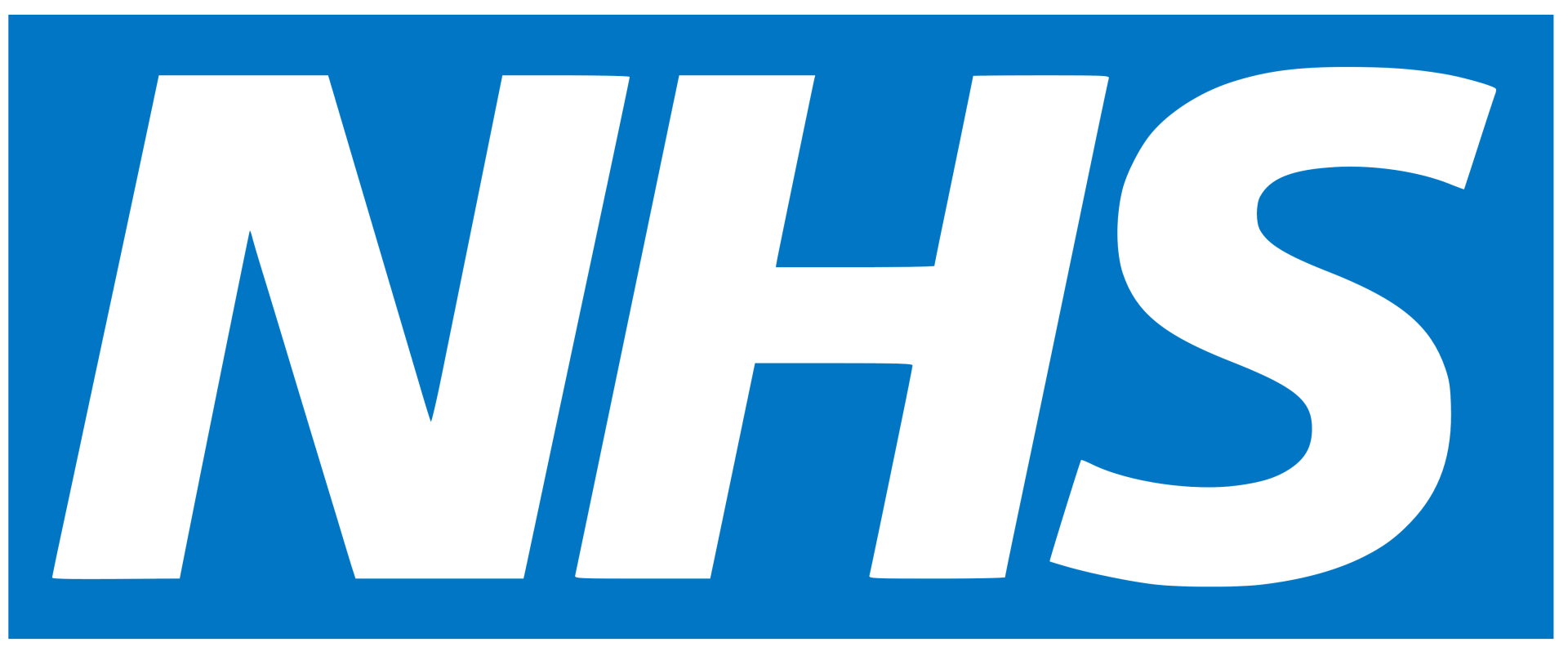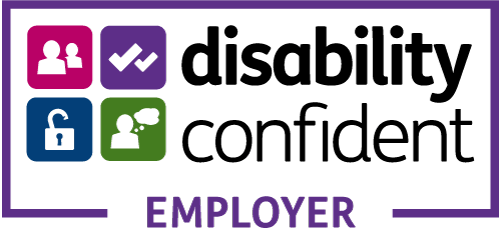Guided Self-Help (CBT)
Cognitive Behavioural Therapy (CBT) helps you to focus on the relationships between thoughts, behaviours and feelings that can maintain common mental health difficulties including anxiety and depression.
Guided self-help (CBT) means learning Cognitive Behaviour Therapy techniques which can help you manage your symptoms, but with the support of a
Psychological Wellbeing Practitioner (PWP). They will provide you with information, resources, and tasks to help you overcome your difficulties. Because
patients learn self-help techniques in therapy, they are often able to maintain improvement after therapy has been completed.
What to expect?
After your assessment you may be offered Guided Self-Help treatment. This usually includes 4-6 sessions with one of our Psychological Wellbeing Practitioners (PWP), but the number of sessions may vary depending on your progress. Sessions usually take 30 to 40 minutes and are often on the telephone, but can also be done face-to-face or online.
PWPs will send you resources and tasks to work through outside of your sessions - think about it as homework for the next session! It is really important that you are committed, work independently and attend regular sessions as it will have a direct impact on the success of your treatment.
You and your PWP will set a brief outline of what to cover in each session. This may include a review of your mood over the week, one or two current problems and out of session tasks, both from the previous week and to set tasks for the coming week. It’s important to consider what you want to discuss in line with what you and your therapist are covering in sessions. It may be a good idea to have something handy to note down any important information or any points you think will be helpful.



